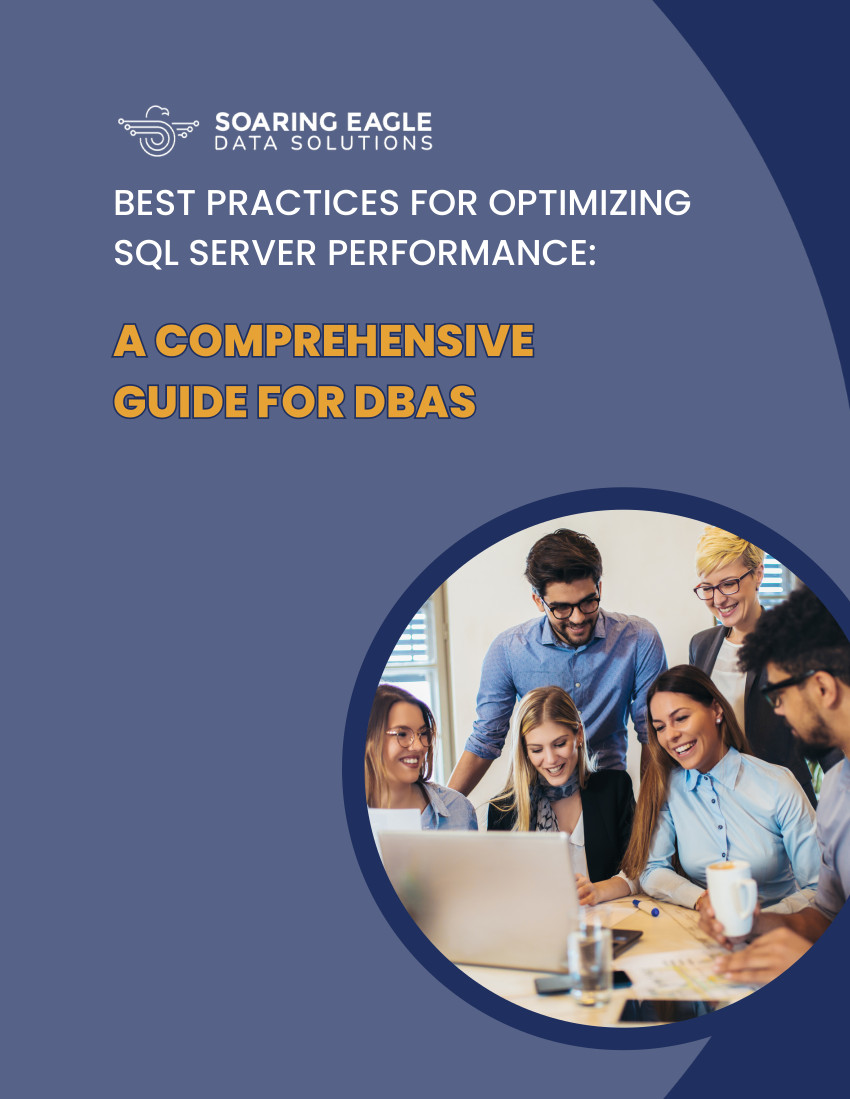Proper Master Data Managment SAVES You Money

Unlock Efficiency and Cost Savings with Effective Data Management
It's time to address the hidden costs that inefficient Data Management is imposing on your bottom line. The hours spent tackling emergencies, addressing customer concerns, and struggling with sluggish transaction processing all translate to substantial financial losses for your organization.
Empower Your Business with Master Data Management (MDM)
Master Data Management is the toolkit and strategy that empowers you to take charge of non-transactional data, ensuring uniformity and accurate translation. Imagine the advantages of seamlessly linking your ERP, Payment Processing, Data Warehouse, Data Lakes, Databases, and analytical reports. This synergy not only saves valuable time but also translates into tangible cost reductions.
Embrace Data Interoperability and Heterogeneity
A crucial aspect of this transformation is Data Interoperability. This process involves utilizing a Data Integrator to harmonize your structured and unstructured data, creating a heterogeneous environment that fosters collaboration and innovation.
The Power of Master Data Management: Your Business Transformation
Upon completion of your Master Data Management initiative, expect a host of benefits:
- Enhanced Data Transmission: Experience quicker and more precise data transmission, enabling increased transactions, reduced waiting times, and ultimately, heightened customer satisfaction.
- Operational Agility: Free your teams from the constraints of data inconsistencies. Rapid access to accurate information fuels quicker decision-making and smoother business operations.
Seize the Moment: Implement Master Data Management
Delaying action only prolongs the impact of data inefficiencies. Prioritize the optimization of your data environment through the implementation of Master Data Management. Reach out to us today to explore how our MDM solutions can address data sprawl, improve business processes, and drive lasting success.
Common Questions about Master Data Management
Question 1: How can Master Data Management (MDM) impact our business's bottom line?
Answer: Master Data Management (MDM) is a strategic approach that can significantly impact your company's financial performance. By centralizing control over non-transactional data, MDM ensures data consistency and accuracy, leading to improved decision-making and operational efficiency. This translates into faster transaction processing, reduced customer wait times, and ultimately, higher customer satisfaction. As data-related bottlenecks are minimized, your organization can achieve cost savings by optimizing resource allocation and streamlining business processes.
Question 2: How does Data Interoperability contribute to our data management strategy?
Answer: Data Interoperability plays a pivotal role in enhancing your data management strategy. It involves using a Data Integrator to harmonize both structured and unstructured data across various systems, facilitating seamless communication and collaboration. This interoperability creates a heterogeneous data environment that enables your teams to access, analyze, and utilize data from diverse sources more effectively. This capability not only empowers quicker decision-making but also encourages innovation as teams can explore previously untapped data insights.
Question 3: What tangible benefits can our company expect after implementing Master Data Management?
Answer: Upon completing your Master Data Management initiative, your company can anticipate several tangible benefits. First and foremost, you'll experience improved data transmission, leading to faster transaction processing and reduced customer wait times. This contributes to enhanced customer satisfaction and loyalty. Additionally, operational agility is achieved as data inconsistencies are minimized, enabling quicker and more informed decisions. Ultimately, the optimized data environment helps drive cost savings through increased efficiency, reduced resource wastage, and streamlined business processes.




